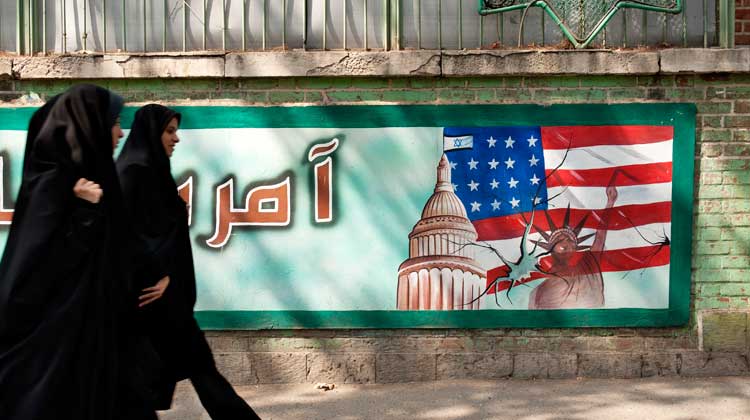
From In Homeland Security
During the Cold War, it was common to discuss the various forms of socialism and communism. The intelligence community was well aware of this, and analysts were often well-versed in The Communist Manifesto. When it comes to combating Islamic extremism, the same level of expertise is needed.
Understanding Extremism
When studying Islamic extremism, it is important that analysts understand the various forms of Islam. This understanding needs to be greater than simply knowing there are Sunnis and Shi’a, but that there are forms of jurisprudence, which define the faith. For the Shi’a, there are four schools of jurisprudence, or fiqh, with the largest being Ja’farism, or Twelver.
Understanding how fiqh is being interpreted by Muslim clerics is as important today as it was to understanding the finer points of communism during the Cold War. U.S. foreign policy should be carefully informed by the interpretation of fiqh, and for the Shi’a Twelvers, this is a complicated endeavor.
Troop Withdrawals
President Trump has said he would like to withdraw U.S. troops from Syria. Notwithstanding how this decision could affect the fight against ISIS and its affiliated groups, such a withdrawal from Syria and Iraq could enable a contiguous pan-Shi’a Iran.
Currently, the Middle East can be seen as a balance of power between Sunni Wahhabist Saudi Arabia and Shi’a Iran. But that balance could change sooner than expected. There are two significant issues that could transform the Middle East and make Iran the most powerful nation in the region.
Syrian President Bashar al-Assad owes his regime’s survival, in large part, to Iran’s assistance. Iran has provided material, financial and personnel support in the ongoing conflict in Syria. Assad, an Alawite Shi’a Muslim, has previously proclaimed that Alawites are also “Twelver” followers (also known as Imamiyya), which is the specific jurisprudence followed by Shi’a in Iran and Iraq. Iran is the only country whose state religion is (Twelver) Shi’a Islam.
Continue reading here.
Share